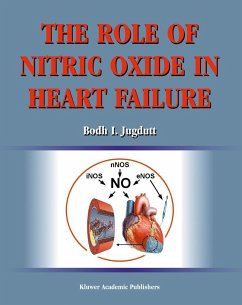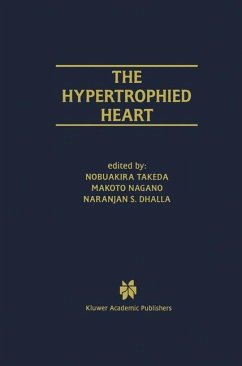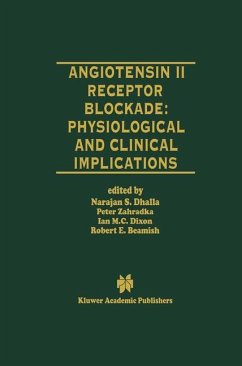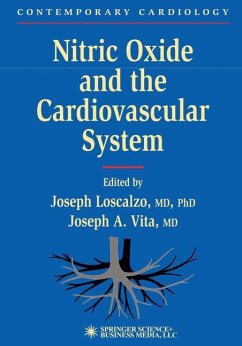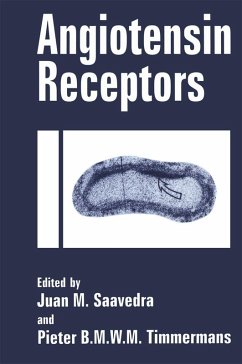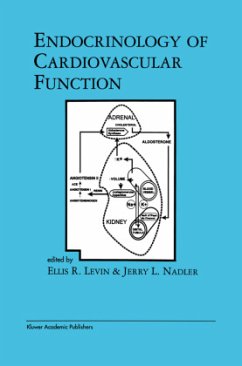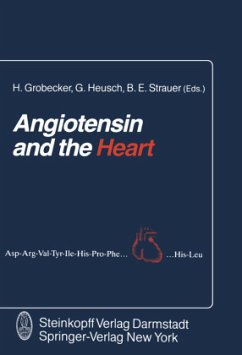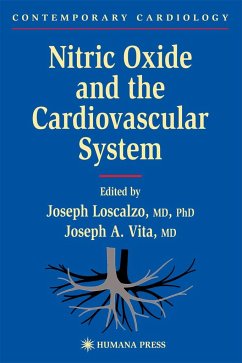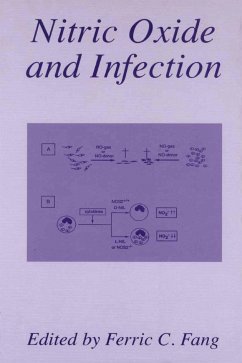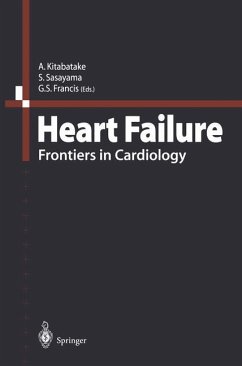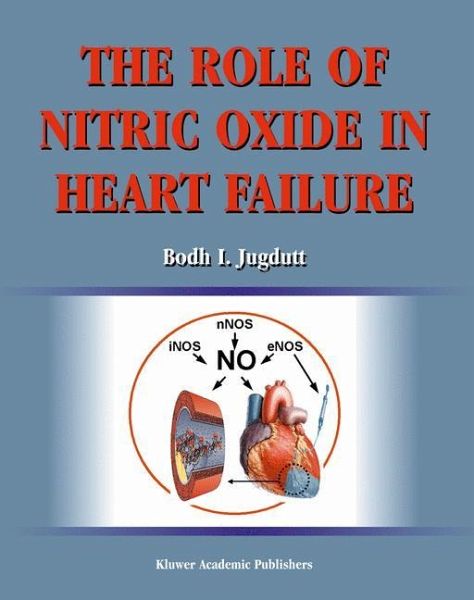
The Role of Nitric Oxide in Heart Failure
Versandkostenfrei!
Versandfertig in 6-10 Tagen
113,99 €
inkl. MwSt.

PAYBACK Punkte
57 °P sammeln!
Nitric oxide (NO) is one of the most remarkable biological molecules characterized at the turn of XX century. Small in size, but ubiquitous and complex in its network of molecular, cellular and organ inter- tions, NO plays an important role in mammalian and non-mammalian biology. The scope and versatility of NO actions on the biological systems range from neuromodulation and regulation of cardiovascular homeostasis to cell signaling and immunity. An impressive array of physiologic and pathologic reactions are controlled by or associated with changes in the biological specter of NO. The "career...
Nitric oxide (NO) is one of the most remarkable biological molecules characterized at the turn of XX century. Small in size, but ubiquitous and complex in its network of molecular, cellular and organ inter- tions, NO plays an important role in mammalian and non-mammalian biology. The scope and versatility of NO actions on the biological systems range from neuromodulation and regulation of cardiovascular homeostasis to cell signaling and immunity. An impressive array of physiologic and pathologic reactions are controlled by or associated with changes in the biological specter of NO. The "career" of NO in science started from a handful of publications written before 1986 to more than 52,000 contributions at the end of 2002 (Pubmed, National Library of Medicine). More than 15,000 publications deal with the effects of NO in the cardiovascular system. The NO field has been recently knighted with the 1998 Nobel Prize in Medicine awarded to R.F. Furchgott, F. Murad and L.J. Ignarro.





